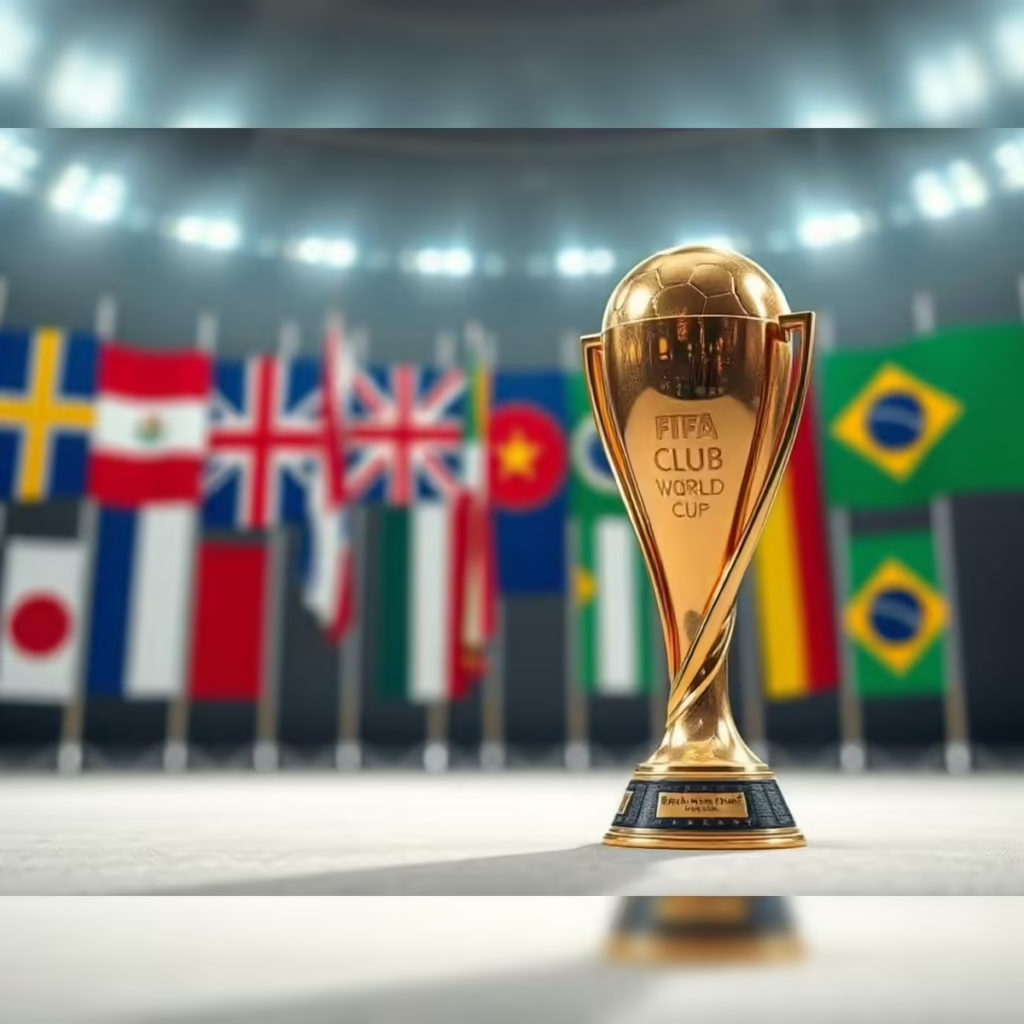
The FIFA Club World Cup is one of the most prestigious international competitions in football — but unlike the FIFA World Cup for national teams, this tournament crowns the best club team in the world. Featuring champions from every continent, the Club World Cup brings together elite clubs from Europe, South America, Asia, Africa, North America, and Oceania.

The Club World Cup was officially launched in 2000 by FIFA to create a global stage for clubs, expanding on the old Intercontinental Cup, which only featured Europe vs South America. The idea was to give every continent a chance to compete and raise the profile of club football worldwide.
After its brief start in 2000, it returned as a regular tournament from 2005 onward and has grown in global importance, particularly as football becomes more internationally competitive.
The current format (until 2024) features 7 teams:
- UEFA Champions League winner (Europe)
- CONMEBOL Copa Libertadores winner (South America)
- AFC Champions League winner (Asia)
- CAF Champions League winner (Africa)
- CONCACAF Champions Cup winner (North & Central America)
- OFC Champions League winner (Oceania)
- Host nation’s league champion
The tournament typically runs in December, in a single host country, and includes quarterfinals, semifinals, and a final. European and South American champions usually enter at the semifinal stage.
- Real Madrid – 5 titles (most Club World Cup wins)
- Barcelona – 3 titles
- Corinthians – 2 titles
- Bayern Munich, Chelsea, Liverpool – 1 title each
European clubs have dominated in recent years, but South American teams continue to provide fierce competition.
Starting in June 2025, FIFA is launching a new expanded Club World Cup format:
- 32 clubs from across all confederations
- Held every 4 years, similar to the national World Cup
- Qualification based on previous continental performances
- First expanded edition to be held in USA
This major shift means more matches, more teams, and more global exposure for clubs beyond Europe.
The FIFA Club World Cup is more than just a trophy — it represents:
- Global football unity
- Opportunities for underdog clubs
- Massive international viewership
- Huge commercial and branding value
- The ultimate test of club dominance
For players and fans, lifting this title is a unique honor, often seen as the final step in proving global superiority.
Whether you support Real Madrid, Al Ahly, Flamengo, Al Hilal, or Auckland City, the Club World Cup offers a rare and thrilling chance to see global champions go head-to-head.
As the tournament expands in 2025, expect more excitement, more diversity, and new football dynasties rising on the world stage.
